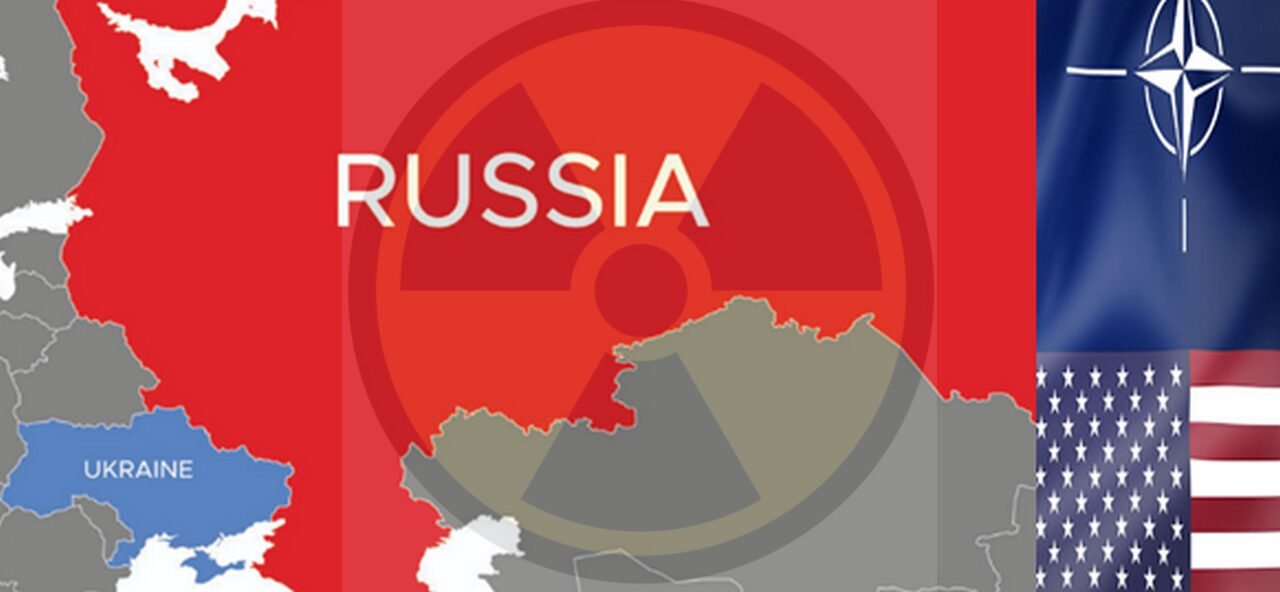ISLAMABAD: Pakistan’s e-commerce and digital economy has registered a huge boost in sales during the coronavirus pandemic as shoppers’ physical mobility is limited.
In recent years, the country has tried to expand the digitization of its economy through promoting online businesses in a bid to boost exports and create job opportunities for young people.
“We have received an overwhelming response… our data shows that online orders have grown by nine times [since March],” said Muhammad Ammar Hassan, chief marketing officer at Pakistan’s largest online shopping store.
“We are getting hundred percent year on year growth in each item … and this has even increased since March due to the coronavirus,” Hassan said.
Pakistan’s state bank claims that migration to electronic payments will stimulate consumption and trade, helping the country’s economy by as much as seven percent, creating four million jobs and boosting GDP by $36 billion by 2025, a report said.
Although the digital industry remains in its infancy stage in Pakistan, there has been a steady rise in e-commerce transactions and in the number of registered e-commerce merchants. Sales of local and international e-commerce merchants in Pakistan have increased to Rs 40.1 billion in 2018 from Rs 20.7 billion in 2017, according to the Ministry of Commerce.
“These figures do not include all the post-paid, cash-on-delivery transactions which account for 60 percent of the total value of e-commerce in Pakistan,” Aisha Humera Moriani, joint-secretary at the Ministry of Commerce said in interview.
The government is also developing an international payment gateway that will be integrated with other online payment companies, like PayPal, to facilitate incoming payments to boost exports and facilitate freelancers.
“COVID-19 has pushed back development of the payment gateway, but we will be trying to roll it out as soon as possible,” said Shabahat Ali Shah, chief executive officer at the National Information Technology Board.
Businessmen said that the encouraging online sales figures would grow further if the government offered tax incentives and ensured regulation for Pakistan’s e-commerce platforms, as numbers of people visiting shopping malls and retail outlets trickles to a near-halt.
“The footfall on stores and shopping malls has declined up to 80 percent after the outbreak of the coronavirus while revenue of the retail business has been reduced to only 25 percent,” said Rana Tariq Mehboob, chairman for Pakistan’s Chainstore Association which represents 200 of the country’s most prominent retailers.
He said that an overall 60 percent decline in sales had been registered at brick and mortar stores since March, as most shoppers switched to buying online.
“This [online shopping] has increased drastically,” he said.
“The majority of our revenue is from online now, the online business has grown up to 50 percent”
Mehboob said many brands in his association were mulling shutting down their brick and mortar establishments after August to cut down on expenses and to focus instead on boosting their businesses online.\











